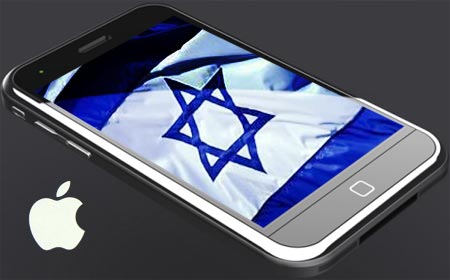Declan McCullagh
c|net
May 10,2013
ATF says no law enforcement agency could unlock a defendant’s iPhone, but Apple can “bypass the security software” if it chooses. Apple has created a police waiting list because of high demand.
Apple receives so many police demands to decrypt seized iPhones that it has created a “waiting list” to handle the deluge of requests, CNET has learned.
Court documents show that federal agents were so stymied by the encrypted iPhone 4S of a Kentucky man accused of distributing crack cocaine that they turned to Apple for decryption help last year.
An agent at the ATF, the federal Bureau of Alcohol, Tobacco, Firearms and Explosives, “contacted Apple to obtain assistance in unlocking the device,” U.S. District Judge Karen Caldwell wrote in a recent opinion. But, she wrote, the ATF was “placed on a waiting list by the company.”
A search warrant affidavit prepared by ATF agent Rob Maynard says that, for nearly three months last summer, he “attempted to locate a local, state, or federal law enforcement agency with the forensic capabilities to unlock” an iPhone 4S. But after each police agency responded by saying they “did not have the forensic capability,” Maynard resorted to asking Cupertino.
Because the waiting list had grown so long, there would be at least a 7-week delay, Maynard says he was told by Joann Chang, a legal specialist in Apple’s litigation group. It’s unclear how long the process took, but it appears to have been at least four months.
The documents shed new light on the increasingly popular law enforcement practice of performing a forensic analysis on encrypted mobile devices — a practice that can, when done without a warrant, raise Fourth Amendment concerns.

